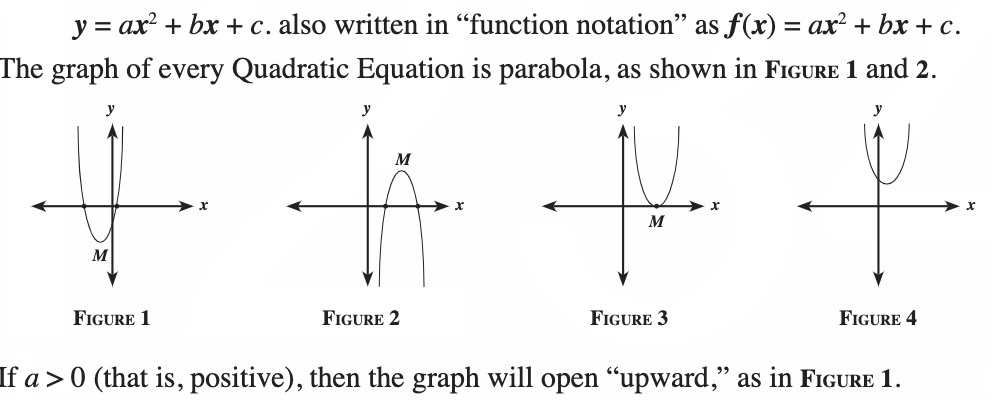Pleasant Hill
1300 Contra Costa Blvd
, #24
Pleasant Hill, CA 94523
Pleasant Hill, CA 94523

Diving into the realm of math education, an intriguing study captured the attention of educators and learners alike. In Jill Barshay's illuminating piece, "The Surprising Effectiveness of Having Kids Study Why They Failed," we embark on a journey through an experiment that sought to redefine how students prepare for math tests.
Imagine eighth graders, on the brink of a critical algebra examination, divided into two groups. One group delved into traditional study methods, guided step-by-step through practice problems, while the other approached learning from a different angle. They embarked on mini practice tests independently, followed by sessions dedicated to dissecting their errors.
What emerged from this experiment was both surprising and enlightening. While both groups showed similar improvement rates of about 12%, the method of learning from mistakes proved to be twice as efficient in terms of instructional time. This revelation shines a light on the untapped potential of error analysis as a catalyst for academic progress.
But what truly distinguished effective implementation of this approach? It wasn't merely about error correction; it was about fostering an environment of active engagement and critical thinking. Teachers who embraced a Socratic method, encouraging students to reflect on their problem-solving approaches and engage in meaningful discussions, witnessed remarkable results.
However, it's essential to acknowledge that this method may not be universally applicable. It requires skilled facilitation and motivated learners. Nonetheless, the study serves as a powerful reminder for students: when preparing for math exams, don't shy away from mistakes; embrace them, understand them, and learn from them.
As we delve into the implications of this groundbreaking research on our Mathnasium Center Blog https://www.kqed.org/mindshift/63278/the-surprising-effectiveness-of-having-kids-study-why-they-failed, let's explore how it challenges traditional teaching norms and paves the way for innovative approaches that prioritize critical thinking and self-reflection. Join us in unraveling the transformative potential of learning from mistakes in math education.
